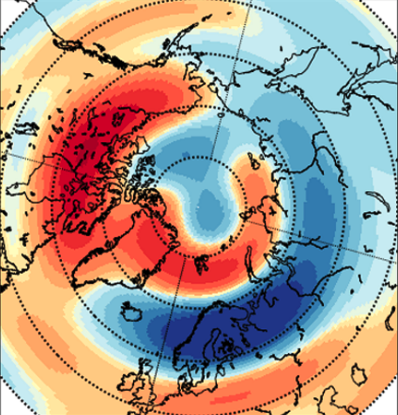Back to all publications...
Global Earth Magnetic Field Modeling andForecasting with Spherical Harmonics Decomposition
Modeling and forecasting the solar wind-driven global magnetic field perturbations is an open challenge. Current approaches depend on simulations of computationally demanding models like the Magnetohydrodynamics (MHD) model or sampling spatially and temporally through sparse ground-based stations (SuperMAG). In this paper, we develop a Deep Learning model that forecasts in Spherical Harmonics space, replacing reliance on MHD models and providing global coverage at oneminute cadence, improving over the current state-of-the-art which relies on feature engineering. We evaluate the performance in SuperMAG dataset (improved by 14.53%) and MHD simulations (improved by 24.35%). Additionally, we evaluate the extrapolation performance of the spherical harmonics reconstruction based on sparse ground-based stations (SuperMAG), showing that spherical harmonics can reliably reconstruct the global magnetic field as evaluated on MHD simulation
Panagiotis Tigas, Téo Bloch, Vishal Upendran, Banafsheh Ferdoushi, Yarin Gal, Siddha Ganju, Ryan M. McGranaghan, Mark C. M. Cheung, Asti Bhatt
Machine Learning and the Physical Sciences Workshop - 34th NeurIPS 2020 [Paper]
Determining new representations of “Geoeffectiveness” using deep learning - AGU 2020

